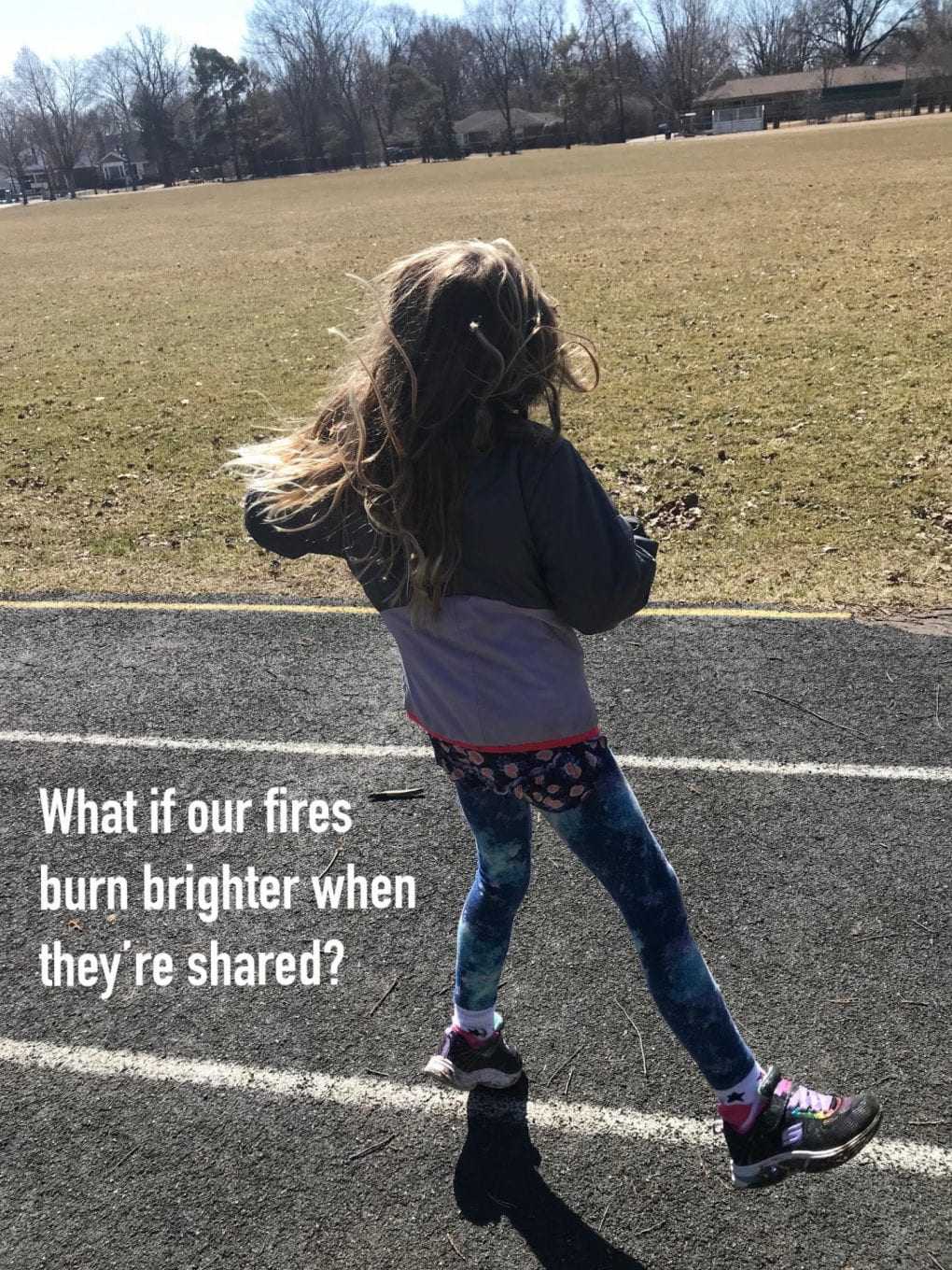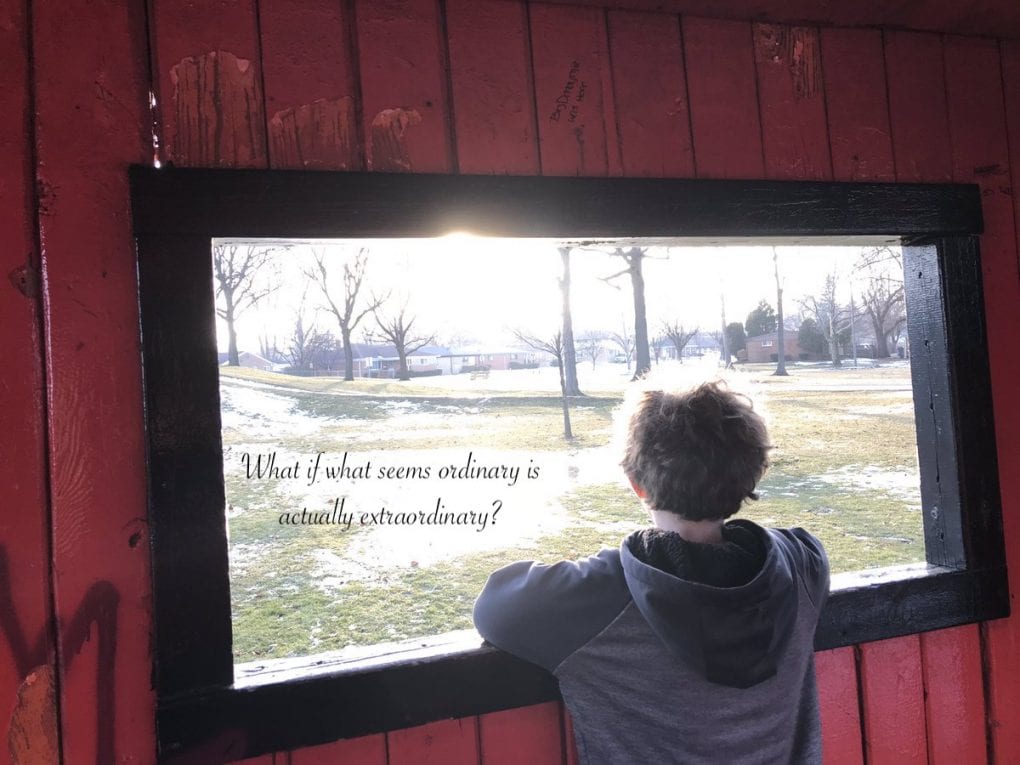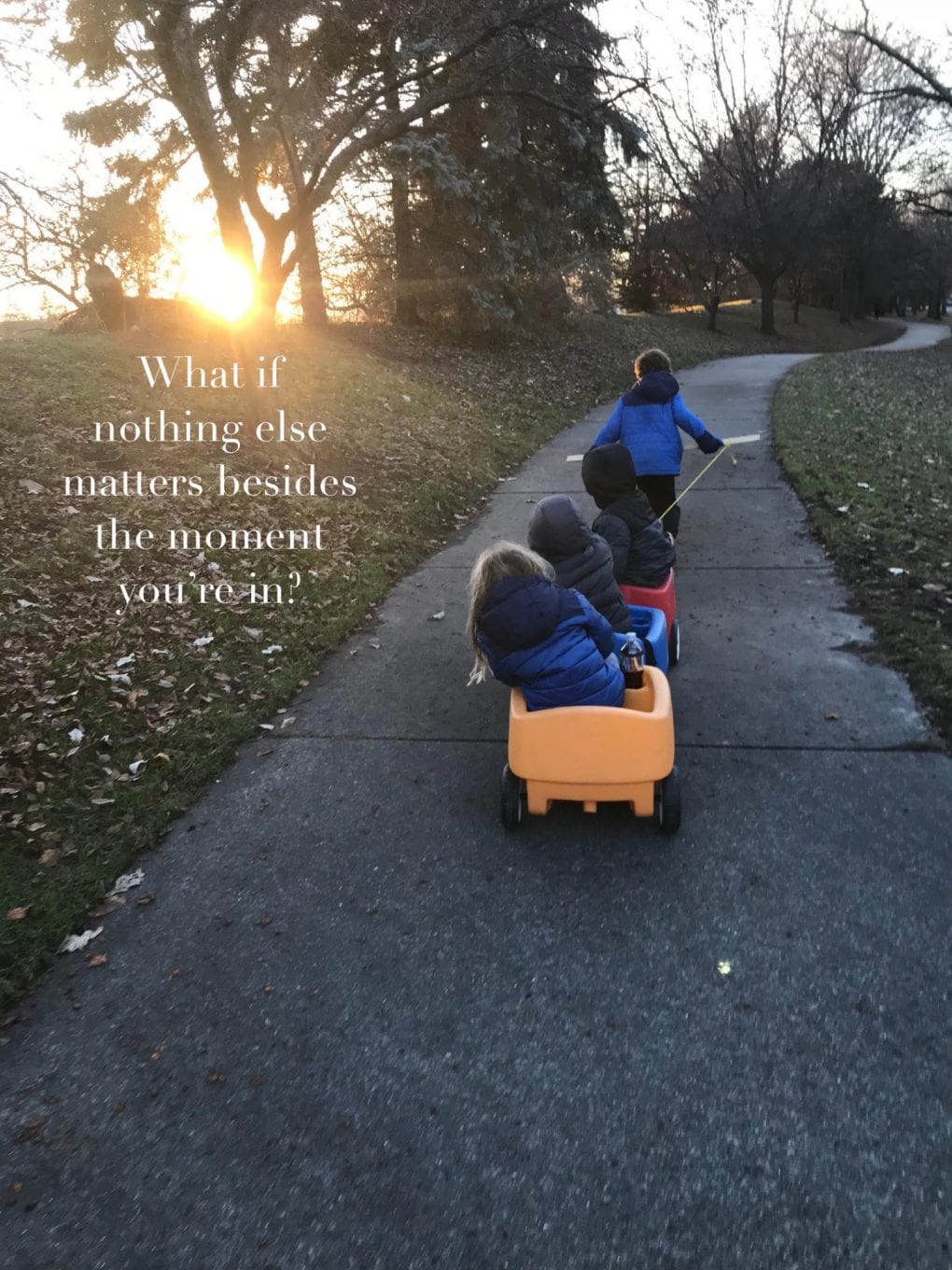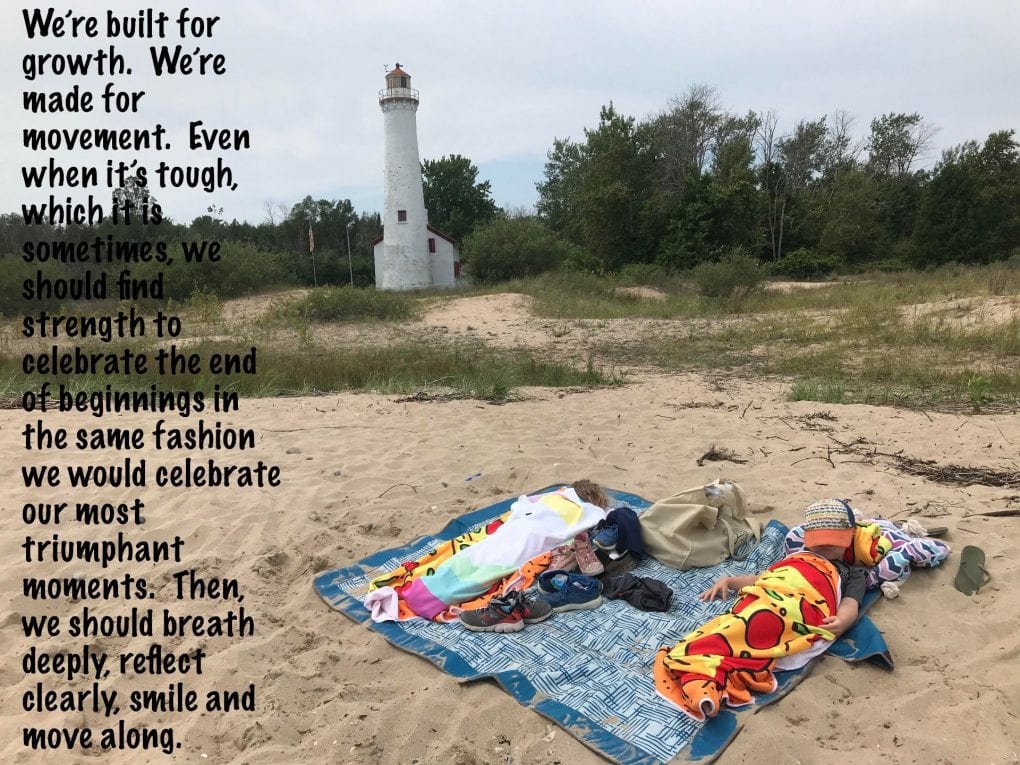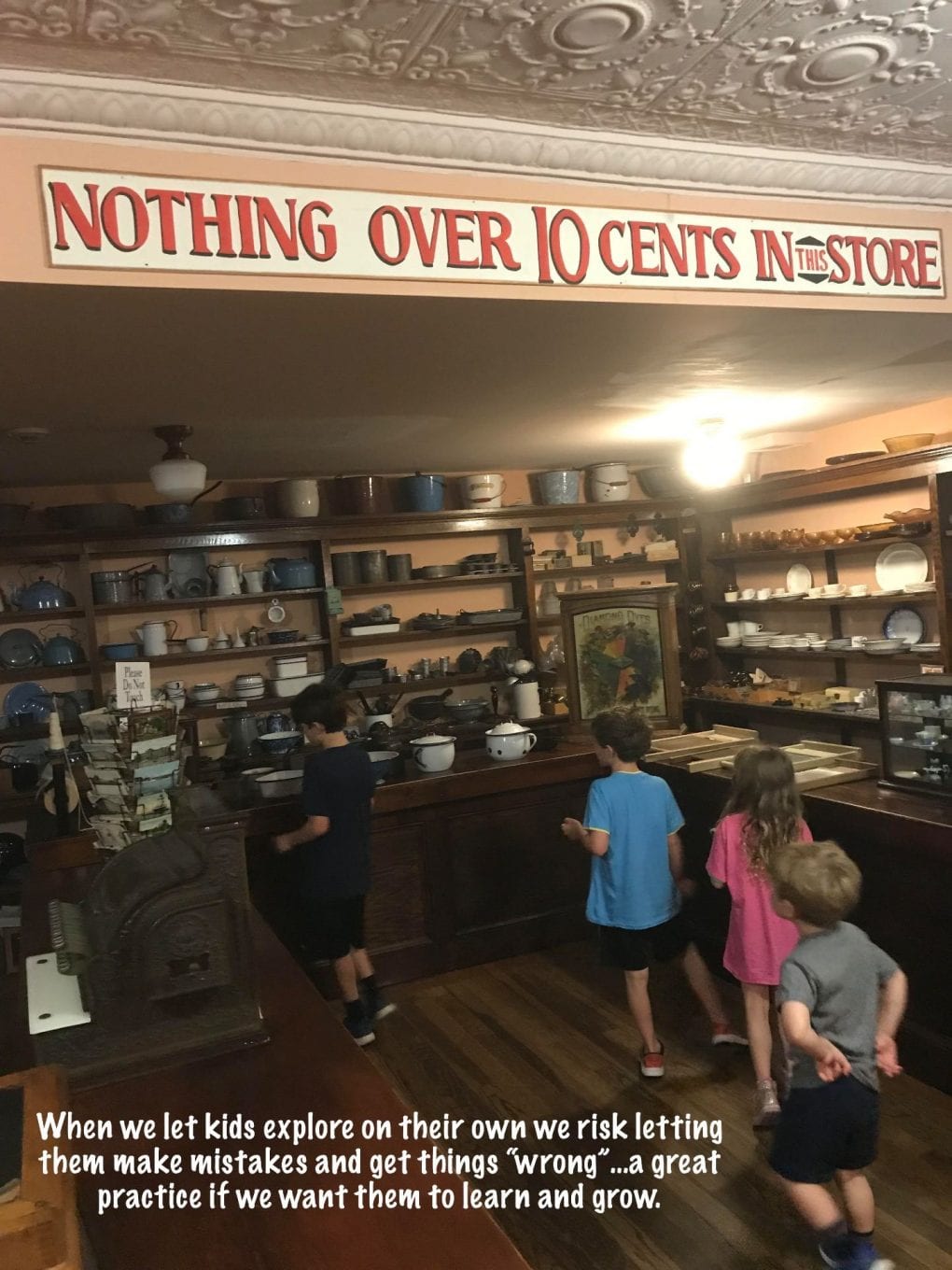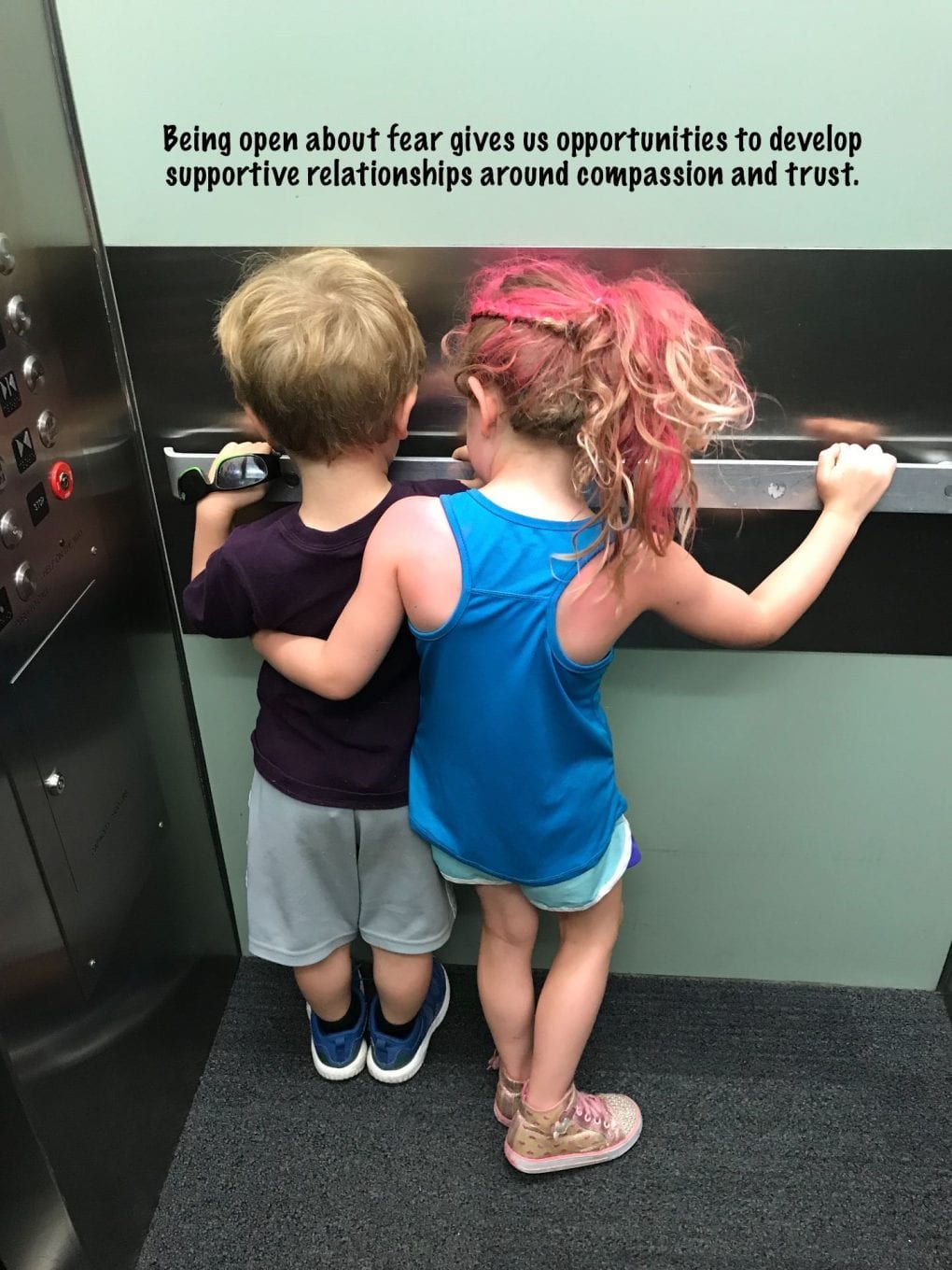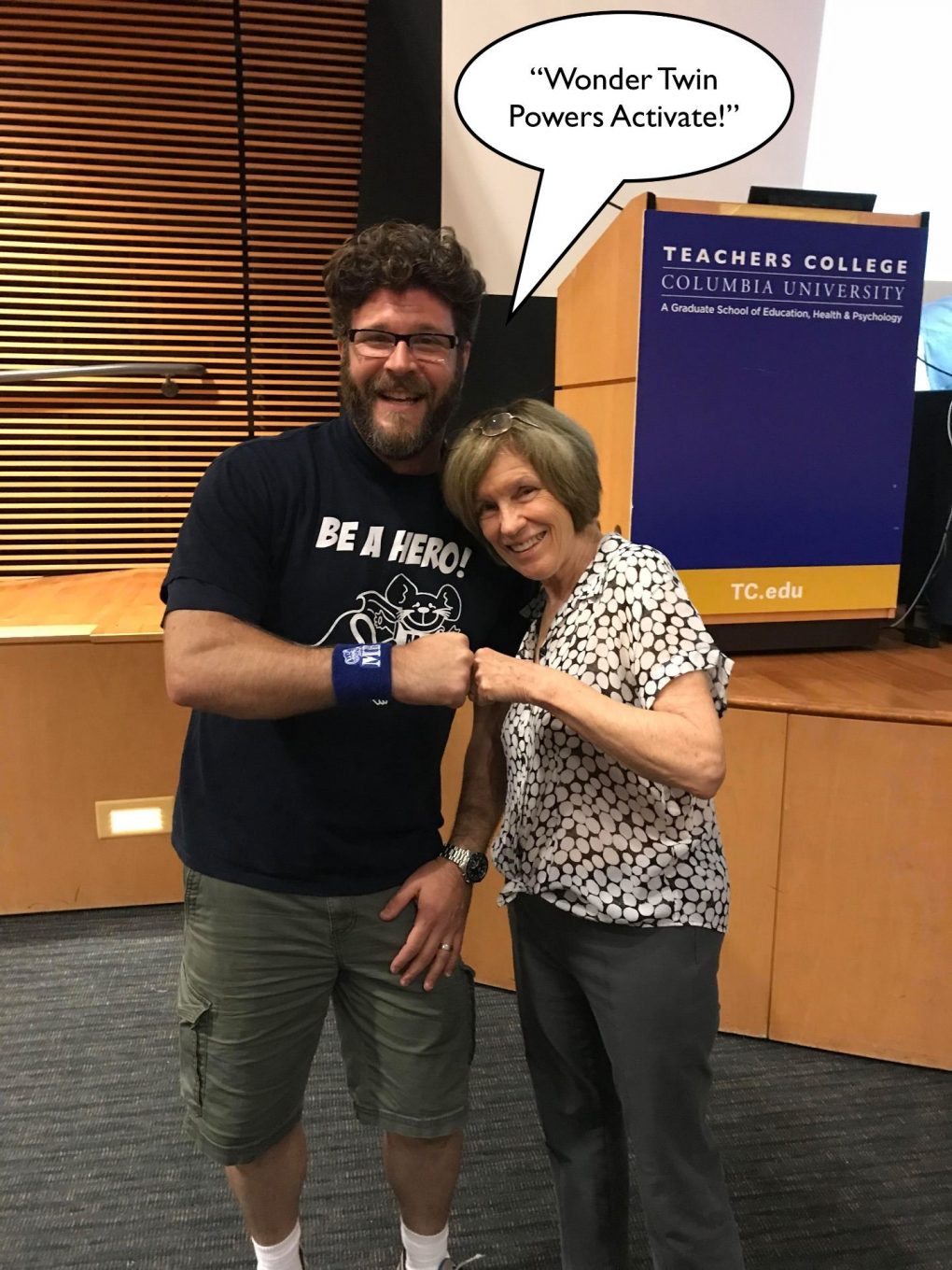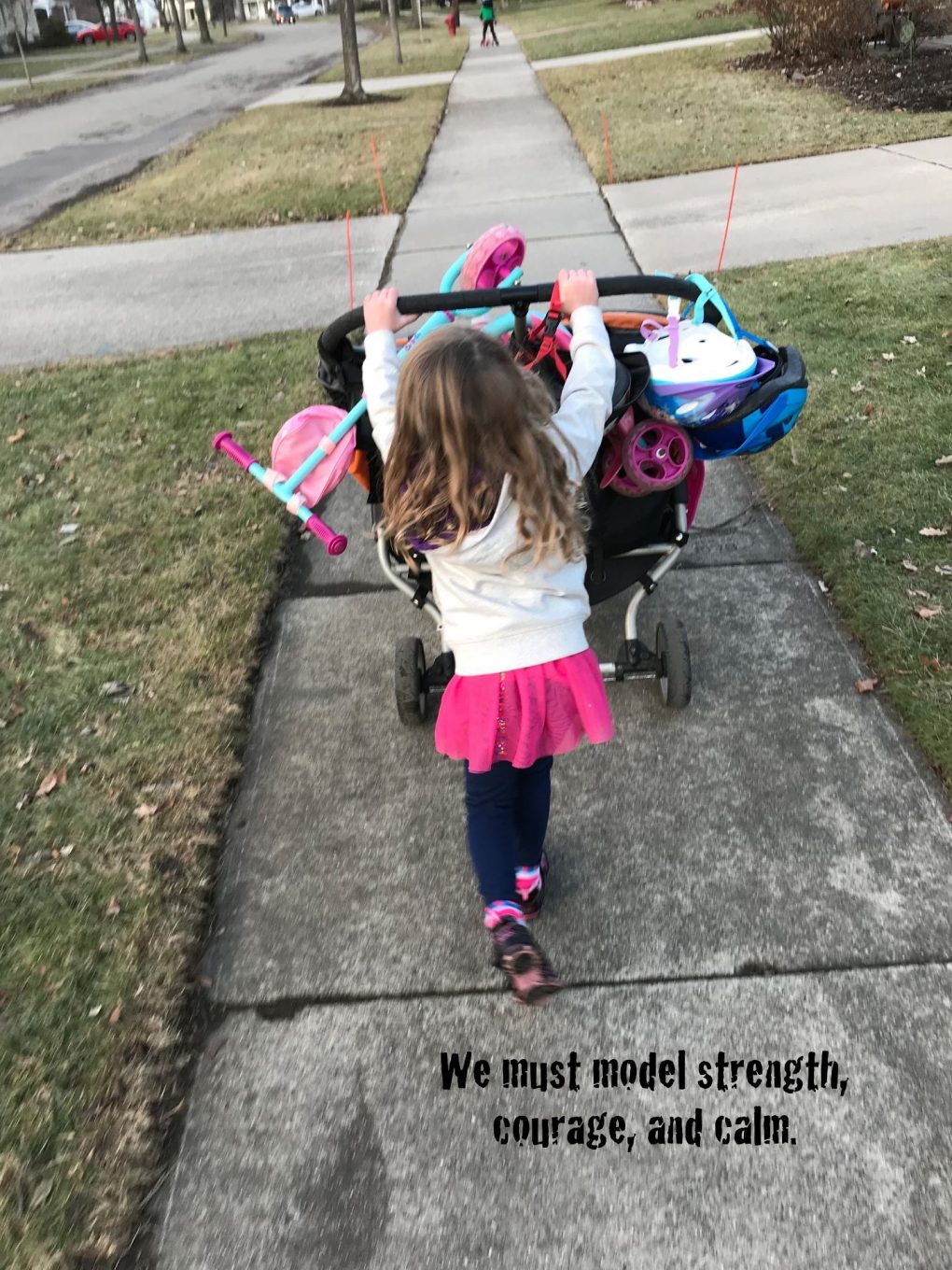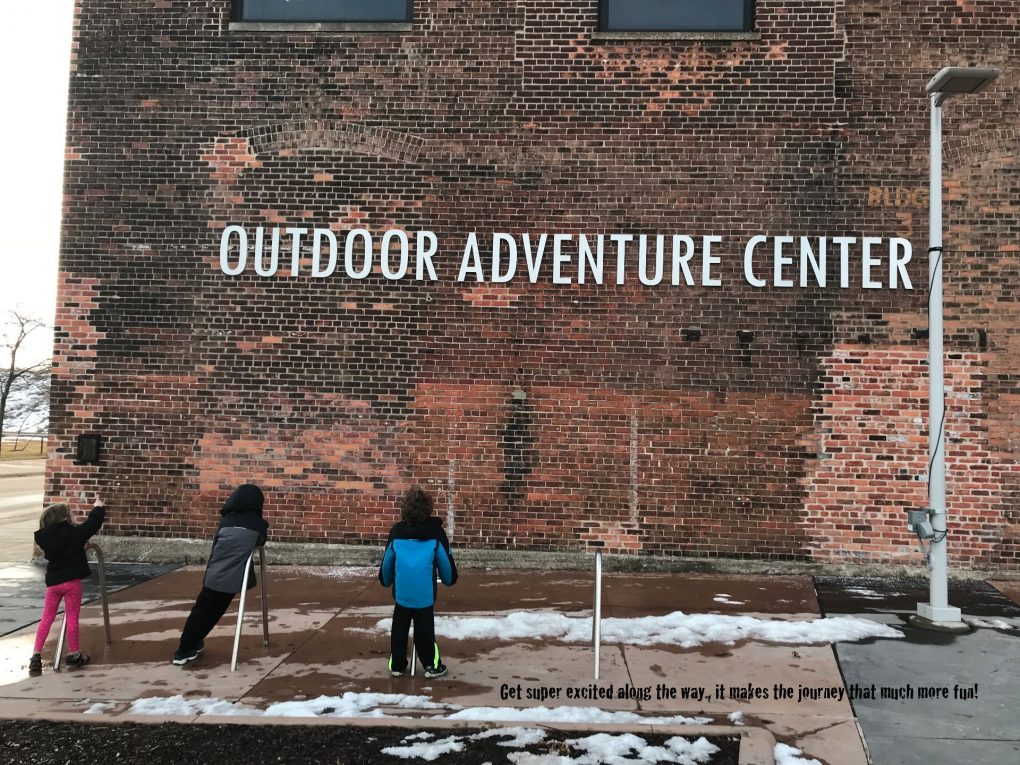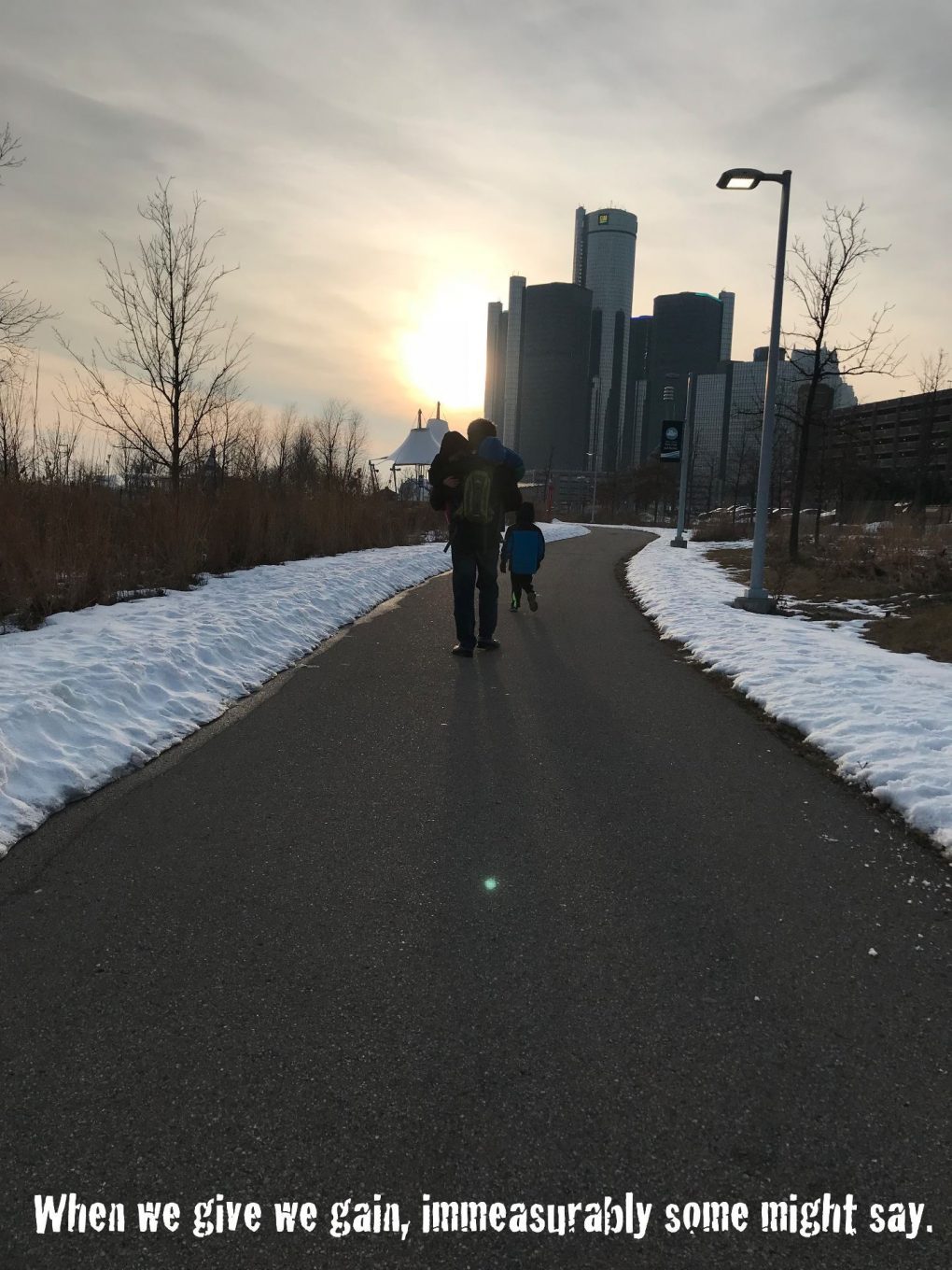What If Our Passion Is Our Purpose?
I was recently invited to speak at the Center for Advanced Studies and the Arts (CASA) in Oak Park, Mi. CASA is a wonderful school that offers students from multiple local districts opportunities for alternate programming based on their interests.
I was honored to receive a “Distinguished Alumni Award” this year.
I thought about it.
“Alumni” … certainly. I studied Philosophy and Japanese at CASA.
“Distinguished” … I’m not so sure.
If I am distinguished, why?
I have a family and a job. I serve kids, and I partner with colleagues and parents to do so.
My core is aimed at positive progress. I think and I act on a foundation of optimism, growth, kindness, and determination.
I hold on to hope even when I’m gasping for air.
I work hard to forgive my shortcomings and those of others.
I reflect with some intensity as I stumble through this world so that I can enhance that stumbling, and I even have faith that my stumbling could eventually become a stride.
I work for it.
I believe.
I don’t know that I’m distinguished on a foundation of achievements or position. After all, I’ve been given so much. I’ve been privileged my entire life. I remain privileged.
No, if I am distinguished I think it might be because I follow my passions wherever they may lead.
I wonder, what if our passion is our purpose?
What if the process outweighs the product?
What if attending to and sharing our passions sustains a fire within each of us that spreads when we connect with others?
What if, even with the stumbling along the way, that’s what changes the world?
What if our fires burn brighter when they’re shared?
What if life is a series of mutually beneficial interactions of inspiration that drives a collective passion and enhances our world?
I have passion for literature, for music, and for storytelling.
When I was invited to speak at CASA I thought I’d be sharing a part of my story with students. It turns out I was sharing with students, teachers, administrators, parents, and fellow Alumni. I was glad to have the opportunity.
I was also nervous. I was very nervous.
I was especially nervous because I decided I’d be playing my guitar and signing that morning. I believe I referred to my nervousness as “terrified” when I addressed it with the audience.
In full disclosure I decided to throw in the towel many times before the event. I tried hard to convince myself not to do it. I thought of many good reasons not to. On the basis of my fears I vigorously attempted to talk myself out of it.
But that morning I found myself carrying my guitar to the truck, and then to the space in which I would deliver the message. I knew that if I had my guitar with me I was likely to play it. If others saw me with it I was likely to sing. They would expect it. They did.
Before I left the house I asked my nine year old son how he prepared for the stand up comedy/ventriloquism act he recently did in his school talent show. This kid has demonstrated some shyness over the course of his nine years, and the courage he brought forward for an outstanding, funny, and passionate performance was inspiring to so many people on so many levels. Me and Lorelei especially.
His performance is embedded in my heart and my mind as permanent inspiration for the pursuit of my passions.
Nonchalantly, he told me the secret, “I took a deep breath and believed in myself.”
Indeed. Out of the mouths of babes.
As I watch and reflect on the recording of my reading (thank you Kobi Yamada and Mae Besom: What Do You Do With An Idea?), my singing (thank you Colin Hay: Waiting For My Real Life To Begin), and my sharing, I see that some of that nervousness bled through.
I would have thought that I might cringe a bit at jumbled words and phrases, misplaced notes and chords, off pitch vocals, and a wobbly-kneed presentation of thoughts and ideas, but I didn’t…and I’m not.
Actually, I feel good about the rawness of the moment. I feel good about being fallible in front of a crowd. I feel good about publicly moving through mistakes on the foundation of my core values and sharing a bit of my humanity with others.
I am a husband, a farther, a learner, a leader, and a servant.
What if this type of moment is just what I need to enhance my ability to carry out each of those roles with an increasingly positive impact throughout the moments that follow?
If I am “distinguished,” what if some uneasiness and the enlisting of a bit of determination to push through it is why?
So, in the hopes that a demonstration of followed passions and shared ideas might somehow connect with even one person in that room, or in this space, who might be in need of some permission to step over the edge in embracing and sharing a passion, a thought, or an idea, here’s what I did…warts and all:
Live. Love. Listen. Learn. Lead. Thanks.
